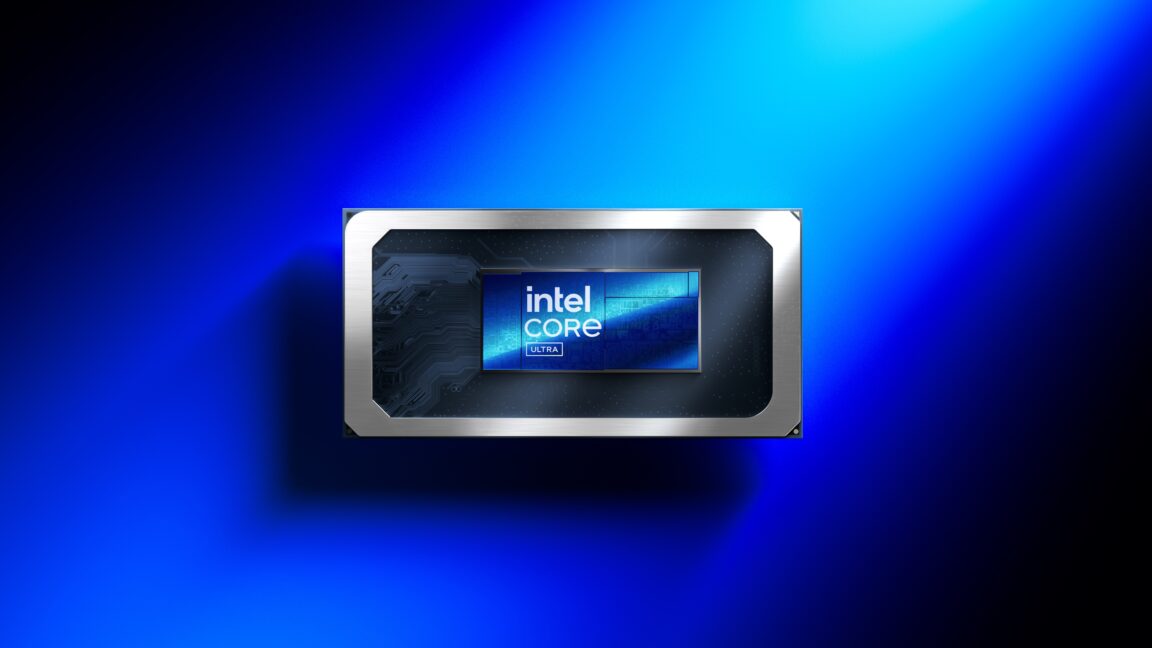Intel’s Core Ultra 200 series is currently bifurcated between two architectures: Lunar Lake, which powers the Core Ultra 200V series of laptop chips; and Arrow Lake, which is included in the Core Ultra 200S desktop processors. Both share the same CPU architectures across their P-cores and E-cores, but the similarities end there. Arrow Lake processors can include many more CPU cores, but only Lunar Lake uses Intel’s latest GPU architecture and a neural processing unit (NPU) fast enough for Microsoft’s Copilot+ functionality.
Intel is rounding out the rest of the Core Ultra 200 family today at CES, and the most important thing to know is that it’s Arrow Lake, and not Lunar Lake, that is powering all of these new processors. This means that none of them are fast enough to earn the Copilot+ label or use upcoming features like Windows Recall, and none of them will have integrated graphics that are as good as the Core Ultra 200V. But it will make them a better fit for gaming laptops and other kinds of systems that prioritize CPU performance or include an external graphics card, as well as less-expensive ultraportable laptops.
Intel may be going with Arrow Lake because Lunar Lake processors are more expensive to make; Intel’s (now former) CEO, Pat Gelsinger, declared the Lunar Lake design a “one-off” because of the extra cost associated with integrating the RAM into the CPU package. Intel said at the time that this saved motherboard space and reduced energy use, but these benefits aren’t being extended to the rest of the lineup.

